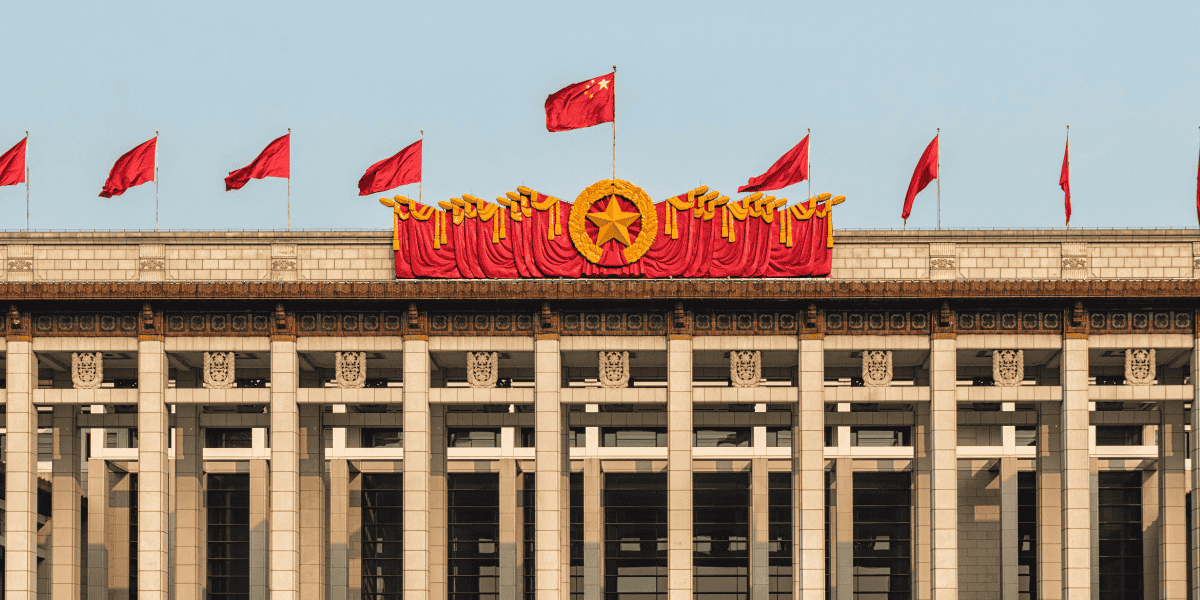Canada’s Prime Minister Justin Trudeau announced on Saturday, 1 February 2025, that the country will impose 25% tariffs on US goods, including orange juice, household appliances, and plastics, in response to US duties on Canadian imports.
This retaliatory measure follows after US President Donald Trump signed an executive order on Thursday, 30 January 2025, imposing a 25% border tax or tariffs on imports from Canada from 1 February 2025. The US also imposed a 25% duty on goods from Mexico, alongside a 10% tariff on imports from China.
The White House said the move is aimed at addressing the crisis involving undocumented migrants, fentanyl at US borders, and trade deficits with Canada and Mexico.
“Our response will also be far reaching and include everyday items such as American beer, wine and bourbon, fruits and fruit juices, including orange juice, along with vegetables, perfume, clothing, and cheese,” Trudeau said during a press conference in Ottawa on Saturday. “It’ll include major consumer products like household appliances, furniture and sports equipment, materials like lumber and plastics, along with much, much more.”
Trudeau announced Canada’s retaliatory tariffs will roll out in two phases.
On Tuesday, 4 February 2025, USD 30 billion in US goods will face tariffs, with another USD 125 billion added in 21 days. However, Canada’s government has not specified which list of goods will face retaliatory tariffs.
Trudeau criticised Trump’s unjustified tariffs, warning that they would harm Canadian and American consumers by jeopardising job security and driving up the cost of food and oil.
“Tariffs against Canada will put your jobs at risk, potentially shutting down American auto assembly plants and other manufacturing facilities,” Trudeau said, addressing US citizens.
“They will raise costs for you, including food at the grocery store and gas at the pump.”
Business leaders and economists have expressed concern that Trump’s actions could negatively affect small businesses in both Canada and the US.
“The 25% tariffs on Canadian products, announced by President Trump, are deeply disappointing and will hit small businesses hard on both sides of the border,” said Dan Kelly, President of the Canadian Federation of Independent Business.
Mexico vows retaliation against Trump tariffs but gives no details
Mexican President Claudia Sheinbaum in a post on X on Saturday, 1 February 2025, has ordered retaliatory tariffs after the US imposed 25% tariffs on all Mexican goods.
“I’ve instructed my economy minister to implement the plan B we’ve been working on, which includes tariff and non-tariff measures in defence of Mexico’s interests,” Sheinbaum said in the post without providing specific details on what US goods her government will target.
According to sources, Mexico is preparing retaliatory tariffs of 5% to 20% on US imports such as pork, cheese, produce, steel, and aluminium. However, the auto industry would initially be exempt.
China criticises Trump tariff: ‘Fentanyl is a US issue’
China’s government also criticised the Trump administration’s 10% tariff on Chinese goods on Sunday, 2 February 2025. Still, the response was muted compared to Canada and Mexico’s direct retaliation and heated language.
The Chinese government didn’t announce any new retaliatory tariffs against US imports; instead, it said it was open to talks to prevent further conflict.
Beijing said it would challenge President Trump’s tariff at the World Trade Organization (WTO) and take unspecified “counter measures” in response to the levy, which takes effect on Tuesday, 4 February 2025.
Beijing also refuted Trump’s accusation of Chinese-made fentanyl flooding the US, calling it an “America’s problem”.
“Fentanyl is America’s problem,” China’s foreign ministry said. “The Chinese side has carried out extensive anti-narcotics cooperation with the United States and achieved remarkable results.”
Taiwan to aid companies to relocate to the US after Trump tariffs
Meanwhile, Taiwan has been exceptionally cooperative to Trump’s tariffs, saying it will support firms relocating to the United States, including helping them find local partners. This starkly contrasts the fiery response from key US trading partners, Canada and Mexico, and, to some degree, China.
Taiwan is a key producer of semiconductors and electronic components. It remains vulnerable to Trump’s new tariffs as many of its manufacturing factories are in Mexico and China, considering that Trump has threatened tariffs on imported chips.

















